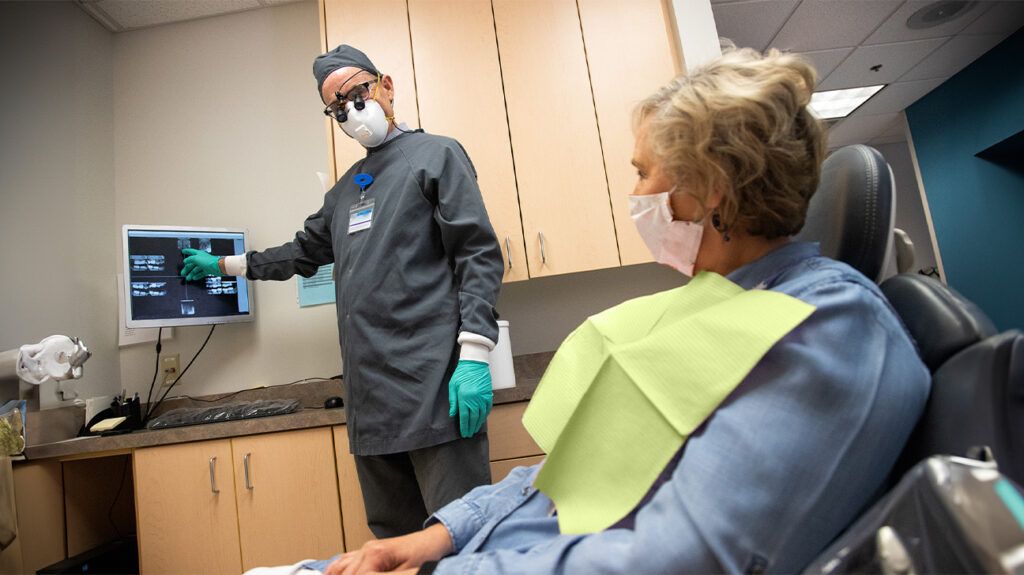Medicare does not typically cover braces unless they are medically necessary. Medicare Advantage may cover braces if people have a plan that includes it.
Medicare does not generally cover orthodontic care, which refers to services and treatments that help align, straighten, and correctly space teeth. Braces and other devices to align the teeth fall under orthodontic care.
Medicare may cover braces for medically necessary reasons, such as severe problems affecting bite or alignment that cause severe pain or functional issues.
If people require orthodontic treatment in the hospital, Medicare may cover the costs of hospital care but not the orthodontic care.
Medicare Advantage (Medicare Part C) may offer dental benefits, which may include routine dental care and other services. If Medicare does not cover braces, people may need to look for private dental insurance.
Medicare resources
For more resources to help guide you through the complex world of medical insurance, visit our Medicare hub.

Generally, Original Medicare parts A and B will not cover the cost of braces. This is because braces fall under orthodontic work, and Medicare does not cover dental services.
However, Medicare may cover the costs if dental treatment is medically necessary. This might apply if people have an accident, injury, or disease that requires orthodontic work to restore function or prevent complications.
If emergency or surgical orthodontic treatment requires a hospital stay, Medicare Part A may cover hospital-related costs but not costs directly relating to the orthodontic treatment.
People can talk with a dentist to determine whether their treatment is medically necessary for them or not.
Medicare Advantage may provide additional benefits, which may include dental work. Some plans may cover routine dental care and other dental services and treatments.
According to a
Some plans may only cover preventive services, such as oral exams, while others may include treatments or orthodontic care.
People can check what benefits each plan includes to determine if the insurance covers orthodontic work and braces.
Medicare Advantage plans vary on out-of-pocket costs, so it is best to consult a Medicare provider to get an exact quote.
People may be able to pay a monthly premium to increase the maximum limit or the services that a plan covers.
The cost of braces may vary depending on factors such as:
- the individual plan, what it covers, and its maximum limits
- the type of braces
- the severity of the issue in need of correction
- which state and area people live in
If Medicare plans do not cover braces, people may want to consider a private insurance provider that offers dental insurance.
When applying for insurance, people may need to check for any age restrictions and any out-of-pocket costs payable on the plan.
People can also check with a dentist or orthodontist to see if they are eligible for discounts or payment plans for those ages 65 and over or for those with disabilities.
Why won’t Medicare pay for my braces?
Medicare does not typically pay the costs of braces because it falls under dental work, which Medicare does not cover.
Does Medicare pay for Invisalign?
Medicare does not typically cover orthodontic work, such as Invisalign, unless medically necessary. It may only cover dental work if it relates directly to a medical treatment or health condition.
Medicare does not cover dental care, including orthodontic treatments such as braces, unless medically necessary.
If people require braces due to an injury, accident, or health condition, Medicare may cover the costs. If people have orthodontic treatment in the hospital, Medicare may also cover hospital-related costs.
Most Medicare Advantage plans offer dental coverage, but this may not include braces. People will need to check the benefits a plan provides to see if it includes orthodontic care.
Alternative options include private dental insurance, which may offer coverage for orthodontic care.
